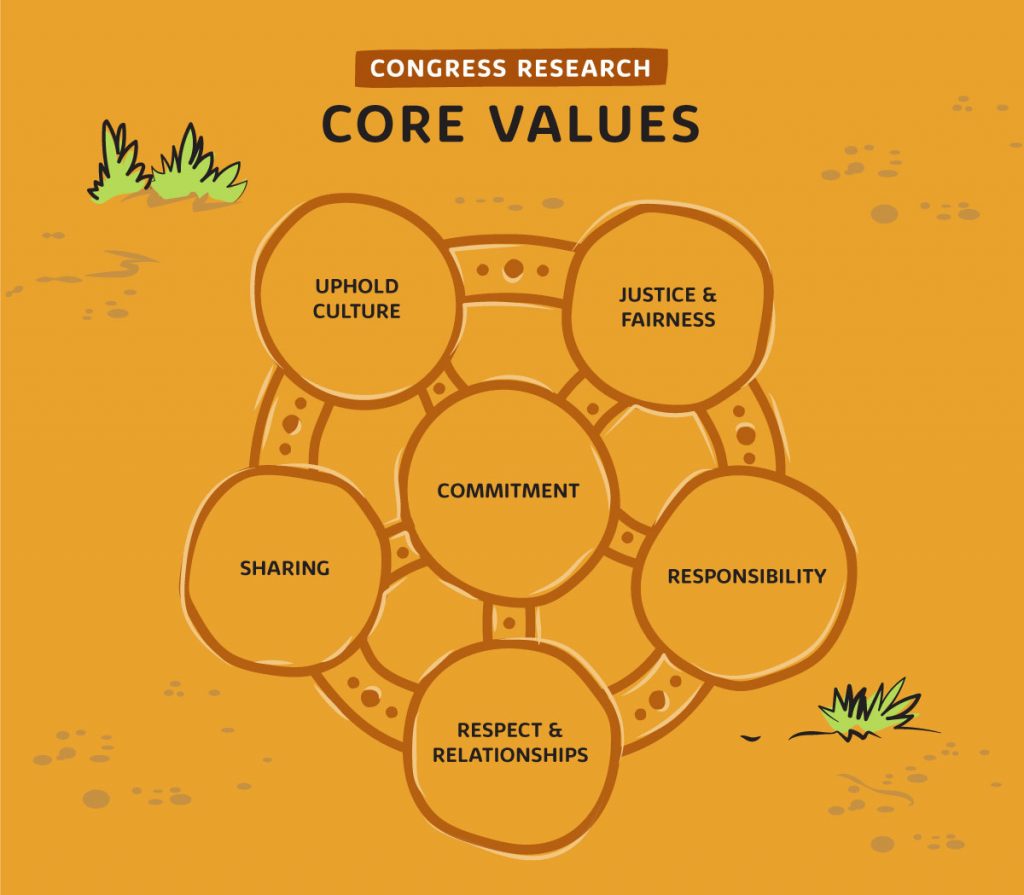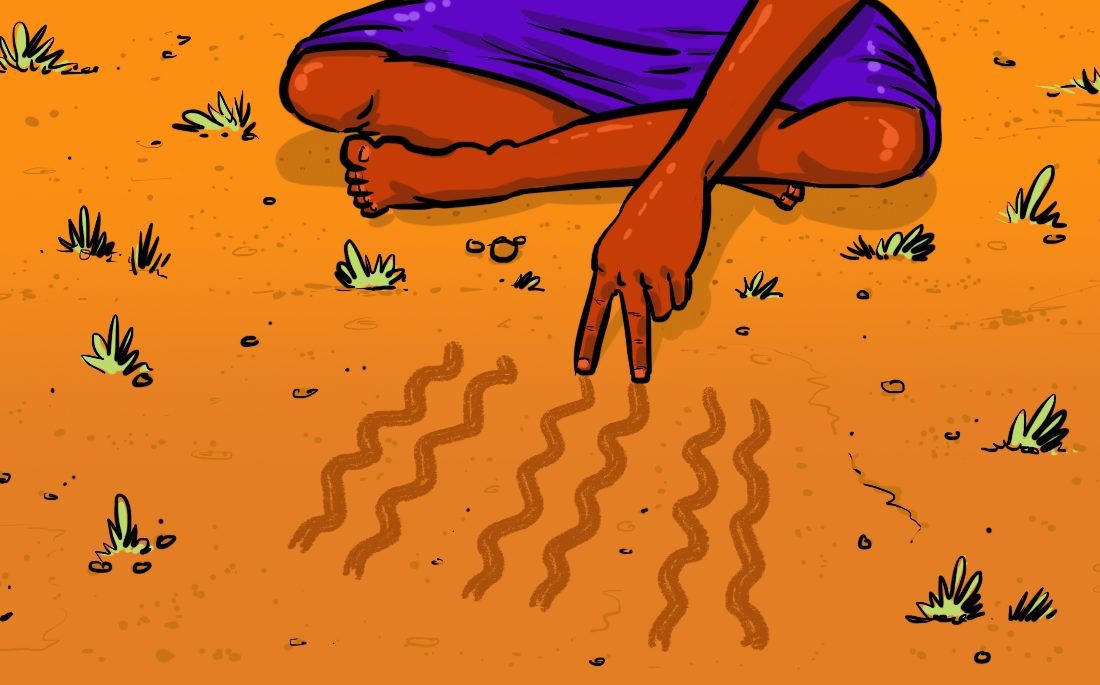Research at Congress
At both a strategic and operational level, Congress is committed to research that benefits the health and medical outcomes of Aboriginal people. In addition to undertaking internally driven research, Congress’ dedicated research team partners with institutions across Australia to conduct research in the areas of clinical care, health promotion and disease prevention, and actions on the social, cultural, economic and political determinants of health.
Vision: In the spirit of self-determination, Aboriginal health research is conducted for and by Aboriginal people.
Mission: All research conducted with Congress will be accountable, inclusive and transparent and align with our research priorities and reflect our definition of knowledge translation.
Knowledge translation is shared learning between partners working together to make research processes more equitable, culturally safe and relevant: and research outcomes more accessible, useful and actionable.
Congress is committed to:
- Developing sustainable research capacity in Aboriginal health research, especially within the Aboriginal community controlled primary health care sector
- The employment and training of Aboriginal researchers.
- Adhere to the standards set by the:
- Central Australian Human Research Ethics Committee
- National Health and Medical Research Council (NHMRC) Ethical Guidelines for Research with Aboriginal and Torres Strait Islander Peoples.
- Australian Institute for Aboriginal and Torres Strait Islander Studies AIATSIS Code of Ethics
- Wardliparingga Aboriginal Health Equity Research Unit in the South Australian Aboriginal Health Research Accord
Values:
From 2018 – 2020, the Congress led Aremella Arratyenye-ileme: Doing It Right research team consulted with the Amoonguna, Mpwelarre, Mutitjulu, Western Aranda and Utju remote health Boards, and the town-based Congress research sub-committee, to determine how they would like to see Aboriginal health research conducted in central Australia. Discussions included how research had been done in the past (good and bad), priority concerns for their community, and how they would like to be involved in research.
The National Health and Medical Research Council’s (NHMRC) Keeping Research on Track helped guide the discussion, especially around its six core values. The NHMRC six core values listed below were interpreted and adapted for central Australia through extensive consultation with the remote Board of Directors, Congress Aboriginal staff, Aboriginal language speakers, Aboriginal Health Practitioners, Aboriginal researchers, and non-Aboriginal researchers with experience in Aboriginal health research. The result, as represented in the diagram below, was that the following NHMRC core values of:
- spirit and integrity became commitment
- cultural continuity became uphold culture
- equity became justice and fairness
- reciprocity became sharing
- respect became respect and relationships
- responsibility remained as responsibility

